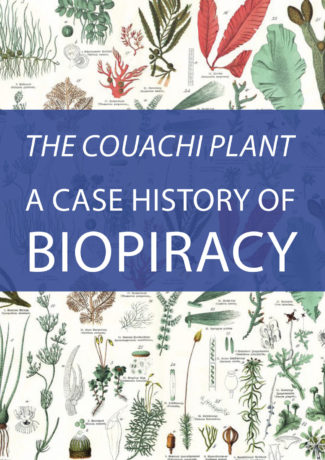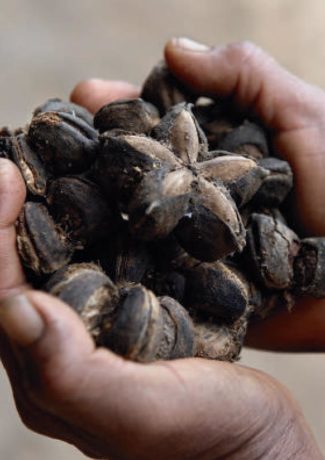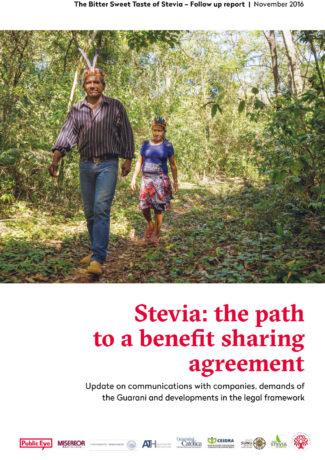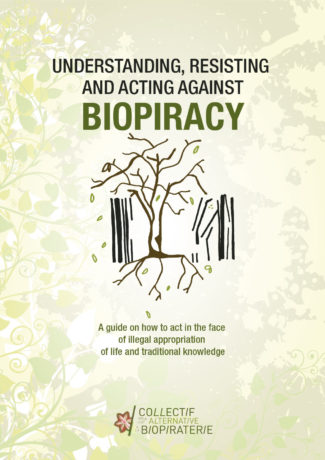
The Couachi plant – a case history of biopiracy
In 2015, France Libertés – Danielle Mitterrand Foundation filed an opposition to the European Patent Office against a patent belonging to a French public research institute called Institut de Recherche pour le Développement (IRD). The patent in question concerns the antimalarial properties of the plant Quassia Amara. The medicinal properties of this plant were identified in French Guiana thanks to local traditional knowledge. This is a clear case of biopiracy.
See the publication
Alternatives to the appropriation of biodiversity and traditional knowledge
The term biopiracy describes the privatisation of nature and of traditional knowledge of biodiversity, notably through patents. More specifically, biopiracy involves the illegal appropriation of indigenous peoples’ knowledge of using genetic resources, without their consent and without giving them any share of the profits made from developing these resources.
See the publication
Stevia: the path to a benefit sharing agreement
In November 2015, a report called The Bitter Sweet Taste of Stevia was released by the Berne Declaration (now Public Eye), CEIDRA, Misereor, Pro Stevia Switzerland, SUNU and the University of Hohenheim. This report showed that the commercialization of Steviaderived sweeteners violates the rights of indigenous peoples and is based on misleading marketing, and that controversial SynBio production is moving ahead.
See the publication
The bitter sweet taste of Stevia
Commercialisation of Stevia-derived sweeteners by violating the rights of indigenous peoples, misleading marketing and controversial SynBio production
See the publication
Understanding, resisting, and acting against biopiracy
Biopirates, « pirates of life », are pillaging a new kind of wealth, that of biodiversity and the knowledge and techniques of rural and indigenous peoples. Biopiracy is the appropriation of plants and seeds from biodiversity – rich countries. It is also the stealing of knowledge about these plants.
See the publication
